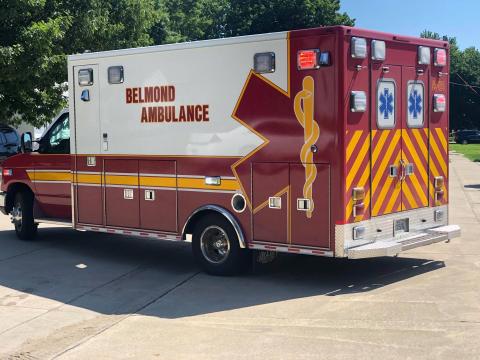Our History


1984
Terry Hill had a vision for regional health care quality and networking and started the Regional Feasibility Project, funded by the Blandin Foundation.
1985
Northern Lakes Health Consortium (NLHC) emerged as one of the first rural health networks with hospital, clinic, and nursing home members.
1987
NLHC first discussed starting a Minnesota Rural Health organization at a National Rural Health Association Annual Meeting.
1991
Minnesota Rural Health Coalition developed the Minnesota Center for Rural Health (Currently the National Rural Health Resource Center) (“The Center”).
1992
The Center, together with Northstar Physicians Network, pioneered a medical home model still used across the nation today. Their partnership was awarded the Merck Quality Award, presented for innovation and health care quality.
1993
The Center initiated the Health Professional Placement and Retention Program through a Robert Wood Johnson Foundation grant with the Minnesota Office of Rural Health and Primary Care for greater Minnesota hospitals and clinics to provide primary care recruitment services for communities.
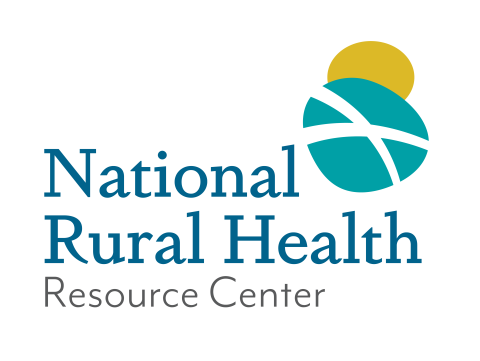
1994
The Center was incorporated as a nonprofit organization.
1997
NLHC founded Community Health Information Collaborative (CHIC), which served as Minnesota’s Health Information Exchange (HIE) for a period of time.
1998
The Federal Office of Rural Health Policy (FORHP) contracted with The Center to develop a national resource center to support State Offices of Rural Health (SORH).
The Center provided technical assistance (TA) and education for rural health networks through a contract with the Alpha Center.
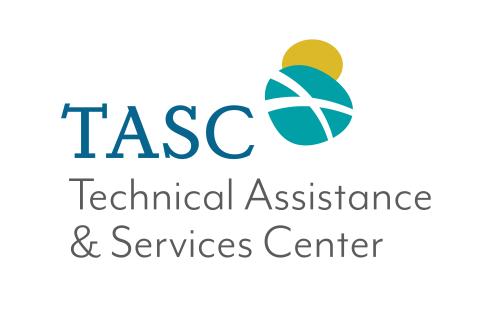
1999
The Center, through a partnership with Mountain States Group (MSG), established and staffed the Technical Assistance and Services Center (TASC) for the Medicare Rural Hospital Flexibility (Flex) Program for the FORHP.
2001
The Center and MSG developed and implemented the Mississippi Delta Rural Hospital Performance Improvement (RHPI) Project through a contract with the FORHP.
2002
The Center partnered with the Minnesota Office of Rural Health and Primary Care and the University of Minnesota Extension to implement the Minnesota Rural Health Works program providing economic impact studies and community planning to critical access hospitals.
2003
Minnesota Center for Rural Health became the Rural Health Resource Center and coordinated the first rural health quality summit in 2003 with national quality and rural health leaders.
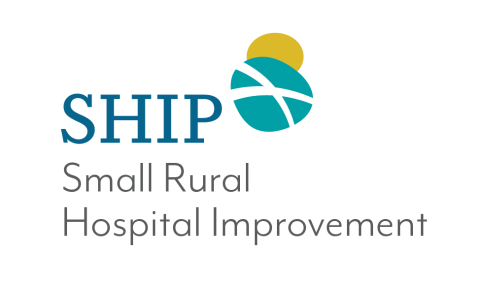
2004
The Center, in partnership with MSG, was awarded a contract for the RHPI Project. The Center began an annual analysis of the Small Rural Hospital Improvement Grant Program (SHIP).
2005
The Rural Health Resource Center was selected to administer the Blandin Health Care Leadership Program in Minnesota with critical access hospitals over three years.
Rural Health Innovations, LLC (RHI), a subsidiary of The Center, was created to provide opportunities in the rural health marketplace that enhance products and services available to rural health providers. RHI received a contract from the FORHP for Rural Hospital Performance Improvement Education.
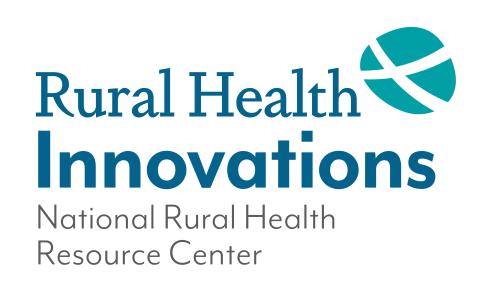
2006
The Center formed the Rural Health Information Technology (HIT) Coalition to disseminate HIT information and to maintain a cadre of trusted rural HIT experts.
2008
The Center created Minnesota Web Recruitment, an internet-based service hosted on the National Rural Recruitment and Retention Network (3RNet) web platform to connect physicians and mid-level practitioners to rural facilities.
2009
The Regional Extension Assistance Center for HIT (REACH), a program of Key Health Alliance, a partnership of Stratis Health, the National Rural Health Resource Center and the College of St. Scholastica, was funded by the Office of the National Coordinator (ONC) for HIT to assist facilities to reach meaningful use (MU) and integrate electronic health records (EHR).

2010
The Rural Health Resource Center became the National Rural Health Resource Center (The Center).
2011
Through a contract with Health Resources and Services Administration’s (HRSA) FORHP, The Center began providing support to the 41 Rural Health Information Technology Network Development (RHITND) Program Grantees for three years.
2012
The Center received the contract to lead the RHPI Project, which serves hospitals located in designated counties and parishes of the Mississippi Delta Region. The RHPI Project is the premier source of technical expertise and business tools to help hospitals achieve performance improvement goals.
The Center was awarded a contract from the Veterans Integrated Service Network (VISN) 23, one of the Veteran Integrated Service Networks within the Department of Veterans Affairs (VA) Veterans Health Administration, to develop a plan to enhance communication, coordination and streamline community hospice services for Veterans living in rural communities.

2013
Sally Thomas Buck assumed the Chief Executive Officer (CEO) position at The Center. Terry Hill continued as the Executive Director of Rural Health Innovations, LLC (RHI), LLC, a wholly-owned subsidiary of The Center. He also assumed the role of Senior Advisor for Rural Health Leadership and Policy for The Center.
2014
Through a contract with Health Resources and Services Administration’s (HRSA) FORHP, RHI began providing technical assistance to the Rural Health Network Program grantees nationally.
The Center received the contract to lead the Small Rural Hospital Transitions (SRHT) Project, which serves small rural hospitals located in designated counties of persistent poverty. The SRHT Project is the source for technical expertise and business tools to help hospitals achieve performance improvement goals.
2015
The Minnesota State Innovation Model (SIM) project selected The Center to provide technical assistance to 15 Accountable Communities Health (ACH) grantees using innovative payment and care delivery models that are responsive to local health needs.
RHI received a contract through the Minnesota Flex Program to develop an integrated behavioral health project with CAHs to improve the health of rural communities through increased collaboration between CAHs, behavioral/mental health, and other community partners.
The Center launched the Population Health Portal for providers to navigate the journey towards improved population health by accessing a CAH Readiness Assessment, resources and educational modules that offer step-by-step instructions on common population health analytical procedures.
2016
RHI received a contract to continue the SRHT project for four years providing onsite consultations at nine hospitals per year and supporting recommendations with coaching and resources.
The Rural Hospital Toolkit for Transitioning to Value-based Systems (Toolkit) Toolkit was launched online to share best practices for improving financial, operational and quality performance that position rural hospitals and networks for the future, as well as outlines strategies for transitioning to value-based payment and population health.
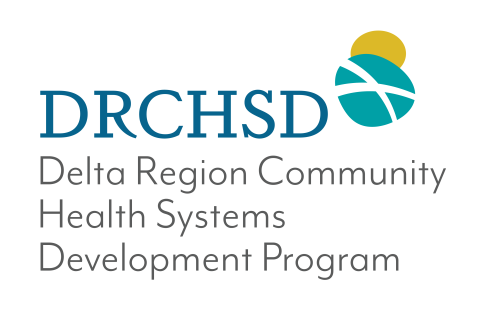
2017
With the support of the Delta Regional Authority (DRA) and the Health Resources Services Administration’s FORHP, The Center began providing selected rural Delta hospitals, clinics, and their communities with TA through the Delta Region Community Health Systems Development (DRCHSD) Program. The purpose of the DRCHSD Program is to assist leaders and providers in sustainability, identifying, and addressing health care needs while strengthening the local health care system.
RHI continued support of rural health networks by providing TA to a new cohort of 51 Rural Health Network Development grantees through funding provided by FORHP. The TA focused on developing the capacity of network leaders as they strive to build sustained network projects and reach their project goals directed at improving the health and wellness of rural communities.
2018
The Eliminating Mental Health Stigma Project began with six critical access hospitals in the Wilderness Health Accountable Care Organization (ACO). The need for this project came from the Integrated Behavioral Health Program which identified the number one roadblock to coordinate the integration of behavioral health into primary care was the societal stigma of mental health. The purpose of the project was to aid the communities in beginning community conversations and developing an action plan to reach the vision of eliminating mental health stigma in their communities.
2019
RHI announced an online Network Sustainability Toolkit that includes a sustainability assessment and curated network resources. The toolkit will help rural leaders aim their network towards sustainability while directly increasing long-term impact.
TASC launched the Rural Community Ambulance Agency Transformation Toolkit. The toolkit includes a readiness assessment and associated resources to help ambulance agency leaders assess their core competencies in responding to and transitioning with the changing health care system.
2020
With the COVID-19 pandemic and public health emergency, all staff began working remotely in March. The Center quickly adapted all TA to virtual platforms. Services and programs were adapted to support new initiatives to increase safety, respond to the pandemic, maintain operations, and promote COVID-19 mitigation. Several resources were developed by The Center for clinics, communities, hospitals, and state grantees.
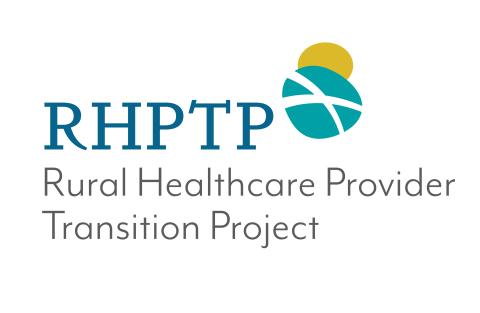
With the support of the Health Resources Services Administration’s FORHP, The Center began providing selected small rural hospitals and rural health clinics with TA through the Rural Healthcare Provider Transition Project (RHPTP). This project is designed to help strengthen their foundation in key elements of value-based care including quality improvement to position their organizations to be effective participants in a health system focused on value.
The Center competed and was awarded a five-year cooperative agreement to continue an expanded DRCHSD Program. The program works with rural Delta communities to address health care needs and strengthen the local health care system through comprehensive TA.
2021
With the expansion of DRCHSD, Center staff grew to 35.
We developed a Diversity, Equity, Inclusion, and Anti-Racism statement with a video, and established a work group to implement an action plan following an organizational assessment. We also conducted a Diversity, Equity, and Inclusion Training Series with all staff and board. Our 2021 return on community investment (ROCI) analysis showed positive results: TASC had a $9.59 return for each $1 invested and DRCHSD educational services were estimated to return $2.28 for each $1 invested by FOHRP in the Program.
2022
Center staff grew to 42 positions with the creation of new roles in Outreach and Program Management.
As part of a three-year strategic plan with directions in empowering entrepreneurialism, we designed and launched a new Center brand and reformated the Center website.
We created several health equity resources for rural providers and communities.
The Center competed and was awarded a five-year cooperative agreement to continue TASC and SHIP technical assistance programs. These serve state awardees, small rural hospitals and their stakeholders through FORHP.

